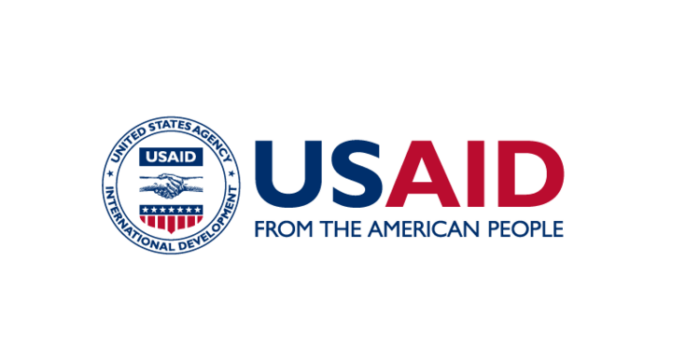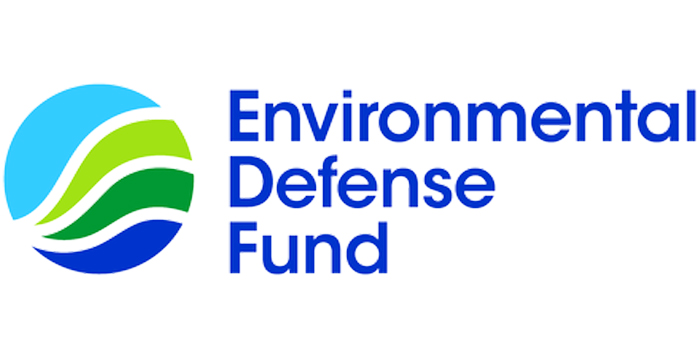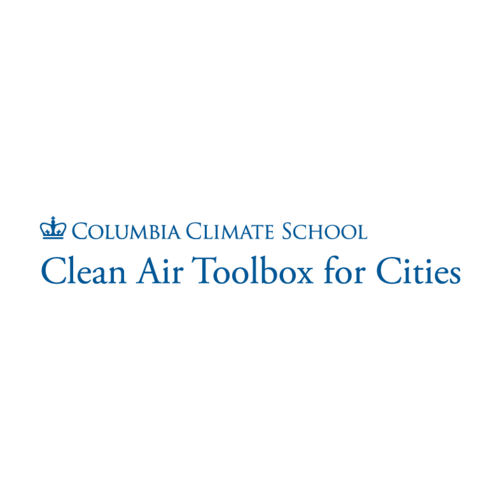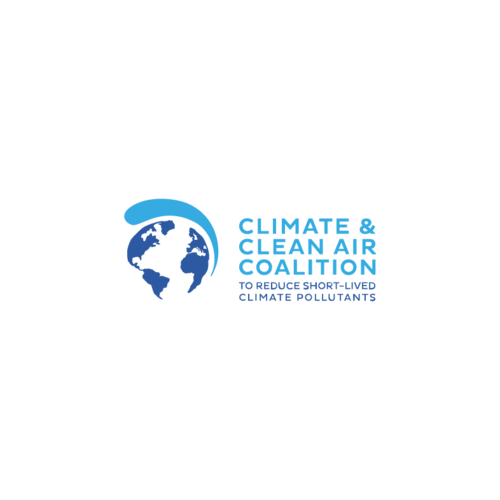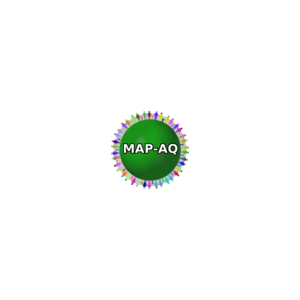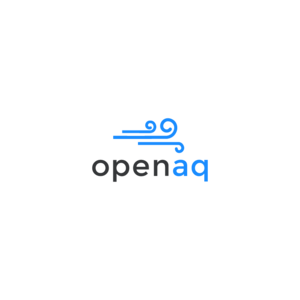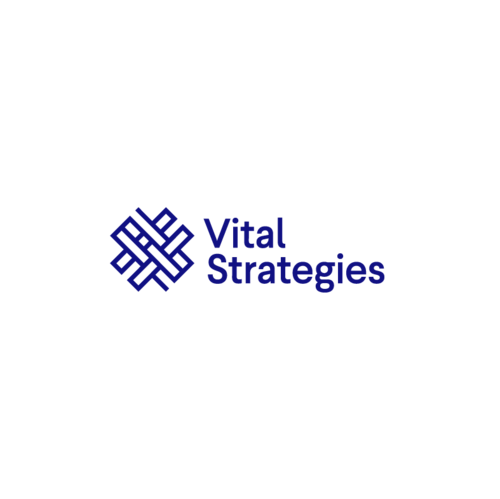Clean Air Catalyst is a global partnership launched in 2020 by The U.S. Agency for International Development (USAID) to find lasting solutions to air and climate pollution that also contribute to addressing its inequitable effects in the most polluted urban regions around the world.
Status:
Active
Region:
Africa
Asia
Global
Issues:
Led by World Resources Institute (WRI) and Environmental Defense Fund (EDF), Clean Air Catalyst complements traditional efforts to strengthen air quality management capacity by focusing on solutions to two critical bottlenecks: the gap between recognition of a pollution problem and awareness of the solution; and the fact that reducing emissions can be expensive, with unevenly distributed costs and benefits from clean air action.
Clean Air Catalyst seeks to change this dynamic by working with local partners to build tailored, data-driven solutions to their air pollution problems. Most cities lack information on the primary and secondary drivers of poor air quality. Our global partners pair with local scientists to resolve key uncertainties about what is causing air pollution by deploying air monitoring equipment and conducting state-of-the-art modeling and analysis. We engage with government partners and impacted communities to build trust in the results and raise awareness of what effective clean air action looks like. We delve into the root causes of these emissions to develop creative ways to manage pollution. And we convene and support local coalitions – working with policy, business and community collaborators – to initiate and sustain these interventions.
The Clean Air Catalyst Approach
Since polluting emissions are often intertwined with everyday activities, we need a combination of regulation, behavior change, and public and private investment in alternatives that allow households, businesses, and people to move, work, live, and thrive without producing excess pollution. Clean Air Catalyst will focus on identifying the root causes of emissions – and mobilizing the full suite of public, private, and community investments and policies to develop and sustain clean air options for development. While the critical sectors and interventions will vary across program sites, we anticipate drawing on the partnership’s expertise in advancing clean energy access, developing alternatives to burning crops, wood and solid waste, shifting freight and passenger traffic to lower-emitting options and cleaner vehicles.
The program has several new and innovative features:
Source Awareness: we use participatory science, structured media engagement and assessment of public perceptions to build a clear, commonly held understanding of the specific pollution sources that impact communities within each city.
Root Cause Analysis: we expand the scope of air quality action beyond regulatory measures to identify potential solutions that tackle emissions in the most polluting sectors by addressing the underlying social, political, and behavioral drivers of pollution.
Focused Coalition Building: we will select one high-impact intervention from the root cause analysis and build a coalition of public- and private-sector partners to reduce emissions from a key pollution source, including the formation of new sustainable funding vehicles and governance mechanisms for coordination and empowering clean air champions.
Providing Solutions on the Ground – And Scaling Globally
The initial phase of the program will focus on developing and codifying the methodologies to move quickly from data to impact in each pilot city. The experiences in the three pilots will inform an open-access playbook for building multi-sector coalitions, cost-effectively advancing source awareness, and creating targeted strategies for rapid, sustainable emissions reduction. The playbook can inform air quality management planning in other cities while building support within the global community for implementing clean air solutions.Clean Air Catalyst is locally grounded with an extensive global network of health, air quality management, energy, and governance partners, and we will leverage our strengths, expertise, and existing local networks to engage key actors to deliver solutions in each city. USAID will also coordinate and leverage existing work with the U.S. Department of State, U.S. Environmental Protection Agency’s (EPA) Megacities Partnership, and U.S. National Aeronautics and Space Administration (NASA) Multi-Angle Imager for Aerosols (MAIA) Program. This work will also seek ways to support and advance USAID’s new Climate Strategy.
To support locally-led work on cleaner air, the Catalyst team has signed agreements with DKI Jakarta Governor, Indore Municipal Corporation; and Nairobi City County Government agreeing to cooperate on new monitoring sites, scientific studies, training and source awareness activities.
Budget: up to $20 million USD
Years: 2020-2025
Where We Work
Key Resources
Clean Air Catalyst – Understanding Indore’s Air
Clean Air Catalyst – Understanding Jakarta’s Air
Clean Air Catalyst – Sources of Air Pollution: Addis Ababa
USAID Clean Air Catalyst: Gender Analysis of Air Pollution and Vehicle Transport, India
Clean Air Catalyst News
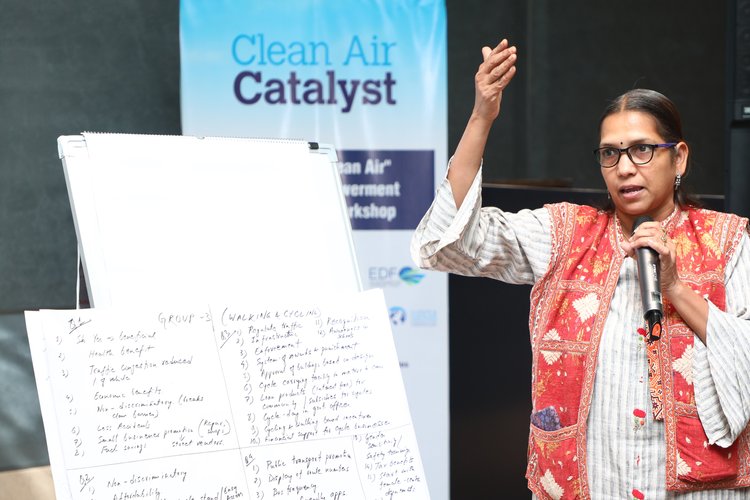
From Awareness to Action: Transforming Indore’s Approach to Air Quality with Gender-Inclusive Solutions
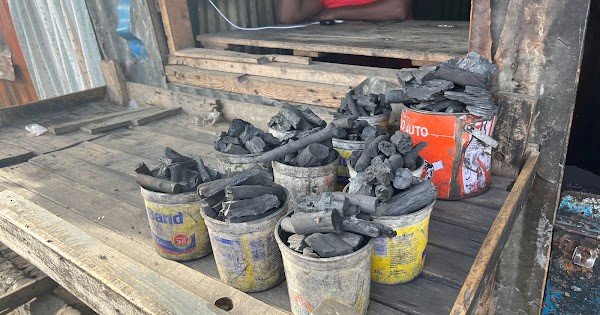
Charting the Course for Gender-Responsive Clean Air Action in Nairobi
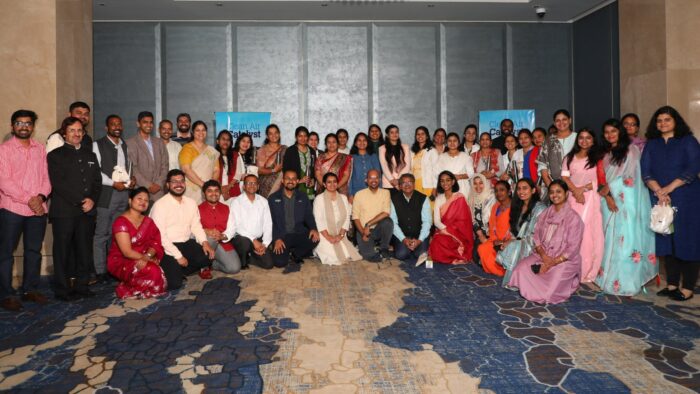
Women are Taking on Indore’s Air Pollution Crisis by Transforming the Transport Sector
Partners
For additional information, please contact:
Jess Lewis
Senior Air Quality and Health Advisor, USAID
jeslewis@usaid.gov
Sarah Vogel
Vice President, Health, Environmental Defense Fund
svogel@edf.org
Stephen Bland
Chief of Party, Clean Air Catalyst, World Resources Institute
Stephen.Bland@wri.org
Beth Elliott
Communications and Engagement Lead, World Resources Institute
beth.elliott@wri.org


